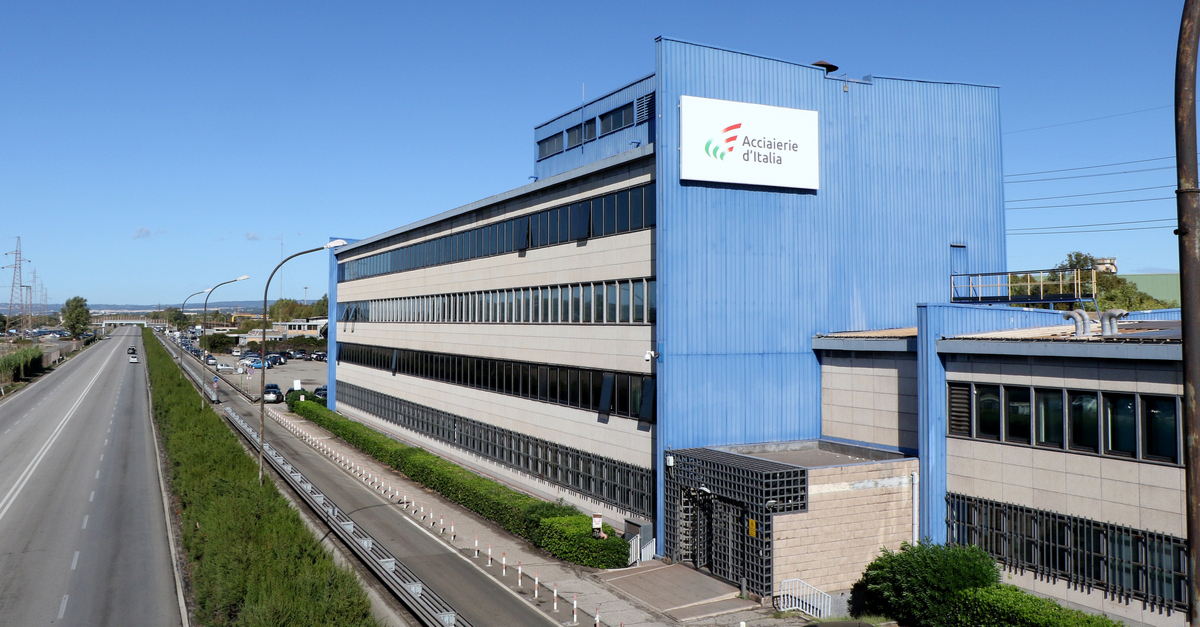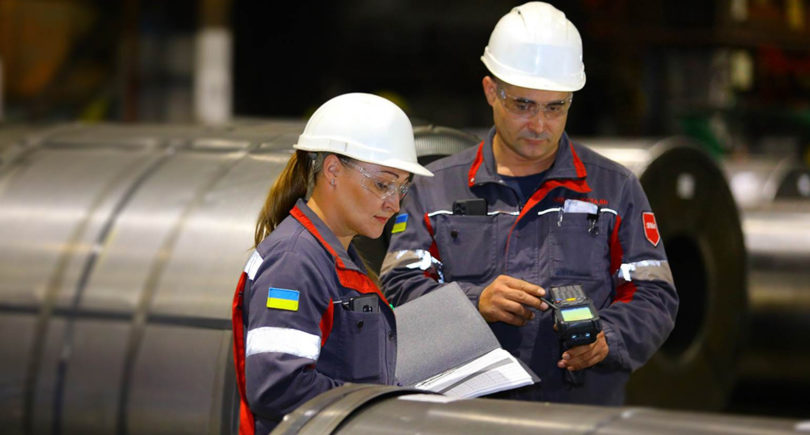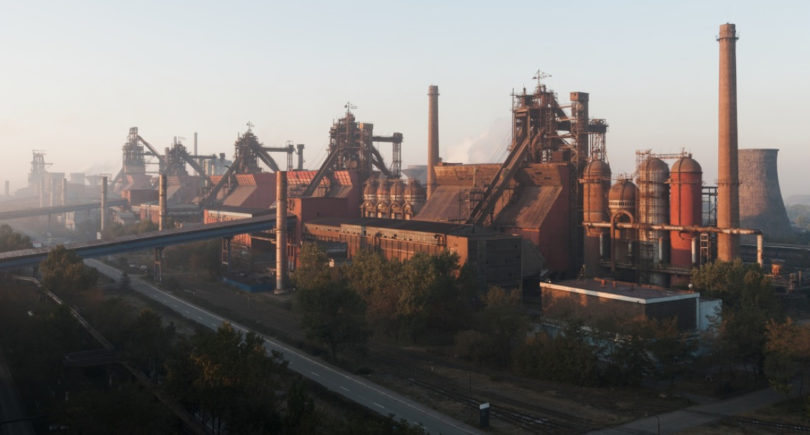
Italian court allows energy companies to cut off gas supplies to ADI
An Italian court has authorized energy companies to cut off gas supplies to steelmaker Acciaierie d’Italia (ADI), Reuters reported.
Due to rising energy costs and falling prices for coil products, ADI lacks liquidity and has problems settling accounts with suppliers. Among them is energy giant Eni, to which Acciaierie d’Italia owed €104 million as of the end of June 2023.
ADI also owes more than €200 million to Italian gas grid operator Snam, which is the supplier of last resort for the steel mill. Snam has asked the court to approve the termination of gas supplies for the company.
The Administrative Court of the Lombardy region earlier this week rejected Acciaierie d’Italia’s appeal against Snam’s request, effectively ending the reprieve that judges granted the company last October.
In a statement, ADI said it would appeal the decision to the Council of State, the highest court of justice. According to Italian media, the company has already filed an appeal there, which stipulates that the measures be frozen and any decision on gas supply can only be made after discussions between regulator Arera and Snam.
ArcelorMittal owns 62% of Acciaierie d’Italia, state investment agency Invitalia has 38%.
The country’s Minister of Enterprises and Production, Adolfo Urso, said last week that decisive action was needed to restart the business. According to sources, the government is seeking an agreement with ArcelorMittal that would facilitate the company’s exit from ADI without provoking litigation. As a short-term solution, the Italian authorities are considering introducing a special administration at the company.
As GMK Center reported earlier, in early January 2024, ArcelorMittal rejected the Italian government’s plan to acquire a controlling stake in Acciaierie d’Italia (ADI). A government statement said Invitalia was ready to invest about €320 million ($351.10 million) in ADI to increase its stake to 66%. However, the steel corporation refused to provide guarantees for the additional investment, which the company needs even as a minority shareholder.




